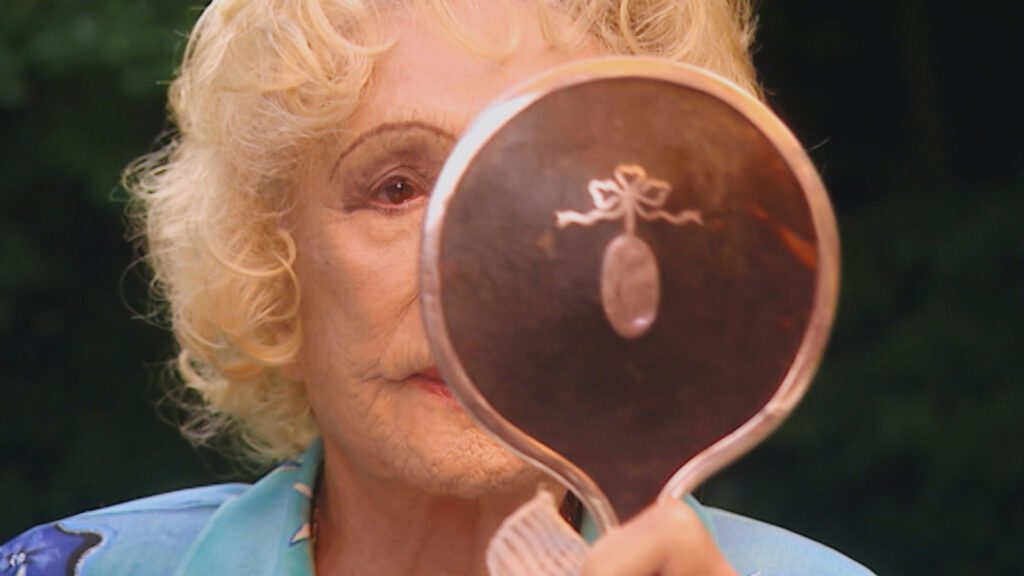The article discusses the new documentary “Riefenstahl” by Andres Veiel, which examines the complex legacy of Leni Riefenstahl, a filmmaker known for her work in Nazi propaganda. The documentary opens with a scene from Riefenstahl’s 1932 film “Das blaue Licht,” portraying a strong female protagonist perceived as a witch by villagers. This feminist undertone contrasts starkly with Riefenstahl’s later role in glorifying fascism.
Veiel’s film critiques the seductive power of cinema and its ability to be manipulated for political ends, delving into Riefenstahl’s contributions to Nazi aesthetics. Through archival footage, including the iconic Nuremberg rally, the documentary juxtaposes Riefenstahl’s artistry with her complicity in promoting the regime.
Riefenstahl’s charismatic persona and her refusal to acknowledge the atrocities committed by the Nazis raise questions about artistic responsibility. Despite her impact on film and feminist representation, she remains unrepentant. The documentary asserts that aesthetics and politics are intertwined, emphasizing that no artwork is innocent when associated with a state, and neither is the artist absolved of complicity in supporting a totalitarian regime.
“Riefenstahl” serves as a cautionary tale about the potential for charisma in art to veil darker political realities and encourages reflection on how historical fascism relates to contemporary challenges. The documentary is currently screening at Lincoln Center and will be available on streaming platforms starting in October.



